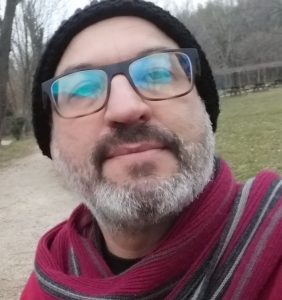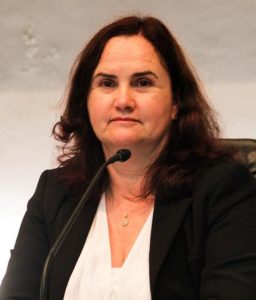Law, Religion, and Society: Sociology’s View of Law and Religion

Marcio Henrique Pereira Ponzilacqua is an associate professor on the faculty of Ribeirão Preto Law School at the University of São Paulo, where he is also currently the vice director. His research focuses on the sociology of law and religion, including freedom of conscience and belief, socio-environmental rights, water rights, public policy and social inequality, ethics and citizenship, and institutions and communities. Ponzilacqua is also a Franciscan Friar.
The following is a translated summary of his remarks as a panelist addressing “Law, Religion, and Society” at the First Brazilian Symposium on Freedom of Religion or Belief (2022).
The Amalgamation of Law and Religion
It is necessary to understand that, since the beginning, law and religion have been amalgamated. At times, priests, Levites, and scribes were involved in the concatenation of society’s regulatory norms. And in such cases, it is easy to see that the values underlying them were exceedingly religious. “Religious ethics,” if we can call them that, at the risk semantic imprecision and anachronism, have always permeated the ethics of legislative texts and judicial action for legitimation, correction, or even instrumentalization.

